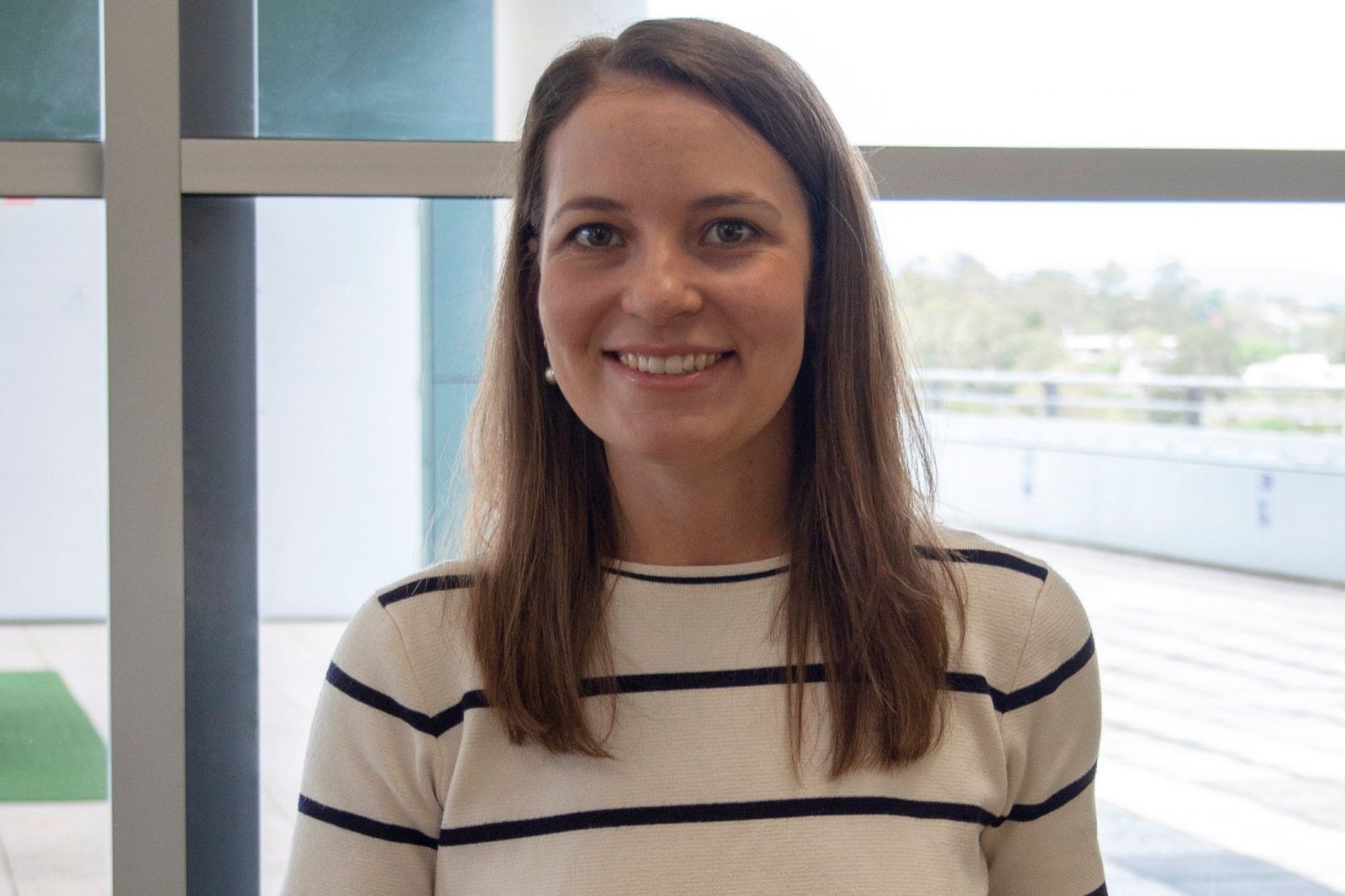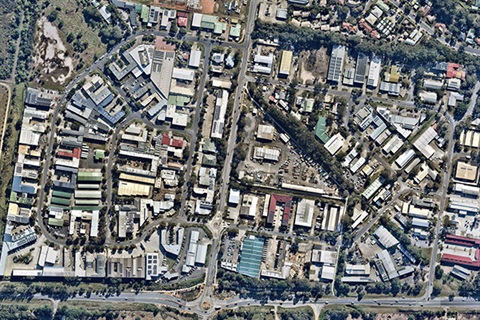
A local leader in nutritional science has been announced as the Australian nominee for the prestigious 2021 ASPIRE prize.
Dr Jessica Bogard from CSIRO has been nominated by the Australian Academy of Science for the APEC Science Prize for Innovation, Research and Education (ASPIRE).
The ASPIRE prize, valued at US$25,000, recognises young scientists from Asia-Pacific Economic Cooperation (APEC) member economies who have demonstrated a commitment to excellence in innovation, research and education.
Dr Bogard’s work incorporates knowledge of local food cultures with management approaches to food production systems, aiming to increase accessibility of healthy and sustainable foods to vulnerable populations in low- and middle-income countries.
She has adapted traditional recipes with modern processing methods, creating food products that address common nutrient deficiencies among pregnant women and young children. She has also developed partnerships with local producers to supply raw ingredients and local businesses to process and distribute the products.
Two Australian runners up for the nomination have also been recognised: Dr Long Shi from RMIT and Associate Professor Matthew Harrison from the University of Tasmania.
Dr Shi is known for his work towards a sustainable environment. His ‘solar chimney’ passive ventilation technology, which he expanded from its traditional energy-saving function to an easy and cost-effective fire safety solution, also made him a finalist in the Australian Engineering Excellence Awards.
Associate Professor Harrison is renowned for his transdisciplinary work on the sustainability of agricultural systems, especially around climate change adaptation of agricultural systems and on mitigation of greenhouse gas emissions.
Since 2011, ASPIRE has recognised scientists under the age of 40 who are working in APEC member economies and have demonstrated a commitment to excellence in scientific research and cooperation with other APEC scientists.
Each member economy was invited to nominate one scientist under the age of 40 to be considered for the 2021 ASPIRE Prize. There have been two Australian winners of the ASPIRE Prize since its inception in 2011. In 2013 Associate Professor Carissa Klein won the prize for her work on sustainable ocean development, and in 2018 Professor Madhu Bhaskaran won the prize for her work on electronic devices and sensors.







